Junior games
Exploring Junior Games: A World of Fun for Young Minds
Junior games encompass a wide range of interactive experiences designed specifically for young children, including babies (0-12 months), toddlers (1-3 years), and preschoolers (3-5 years). These games often involve activities like dress-up, coloring, jigsaw puzzles, and writing, tailored to nurture creativity, problem-solving skills, and hand-eye coordination in a fun and engaging manner.
The beauty of junior games lies in their simplicity and educational value. They are crafted to be intuitive for the youngest of players, often requiring minimal to no reading skills, with vibrant colors, engaging sounds, and straightforward gameplay that captivates and educates simultaneously. From solving a puzzle to coloring a blank canvas, these games offer a plethora of benefits, including fine motor skill development and color recognition.
Despite the digital age's advancement, junior games maintain their appeal by balancing screen time with learning outcomes, ensuring that playtime is both beneficial and enjoyable for children.
The Importance of Junior Games in Early Childhood Development
Junior games play a pivotal role in early childhood development by providing a foundation for learning through play. These games introduce young learners to concepts such as shapes, colors, numbers, and letters in a playful and engaging setting. They also foster creativity, imagination, and social skills by encouraging children to make choices, solve problems, and interact with the game's characters or other players.
Moreover, these games are essential tools for parents and educators, offering a safe and controlled environment where children can explore and learn at their own pace. The interactive nature of junior games supports active learning, where children are not passive recipients but active participants in their learning journey.
Choosing the Right Junior Games for Your Child
With the vast array of junior games available, selecting the right ones for your child can seem daunting. However, focusing on games that match your child's developmental stage and interests is key. For babies (0-12 months), games with simple visual patterns and soothing sounds can be particularly engaging. Toddlers (1-3 years) may enjoy more interactive games that involve basic puzzles or music. Preschoolers (3-5 years), on the other hand, might be ready for games that challenge their problem-solving skills and creativity, such as more complex jigsaw puzzles or drawing games.
It's also important to consider the educational value of these games. Look for games that not only entertain but also teach valuable skills or concepts in a way that resonates with your child's learning style.
The Future of Junior Games
As technology continues to evolve, so too do the possibilities for junior games. Developers are increasingly leveraging augmented reality (AR), virtual reality (VR), and other innovative technologies to create immersive learning experiences for children. These technologies have the potential to revolutionize how children learn and interact with the world around them, making learning even more engaging and fun.
However, the core of junior games remains the same: to provide a safe, engaging, and educational platform for the youngest minds to explore and grow. As we move forward, the integration of technology in education and play will continue to enrich the learning experiences for children, paving the way for a new era of junior games.
FAQs
What are junior games?
Junior games are interactive games designed specifically for young children, including babies, toddlers, and preschoolers. These games often involve educational activities such as dress-up, coloring, puzzles, and writing to support early childhood development.
Why are junior games important?
Junior games are important for early childhood development, offering a playful way to learn basic concepts like colors, shapes, and numbers. They also help in developing fine motor skills, problem-solving skills, and creativity.
How do I choose the right games for my child?
Choose games based on your child's age, developmental stage, and interests. Look for games that are engaging and have an educational value, supporting your child's learning and development in a fun way.
What are the most popular junior?
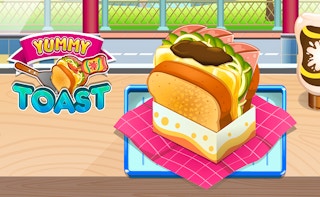 Yummy Toast
Yummy Toast Lol Surprise Insta Party Divas
Lol Surprise Insta Party Divas Lol Surprise Fresh Spring Look
Lol Surprise Fresh Spring Look Barbies Sketch
Barbies Sketch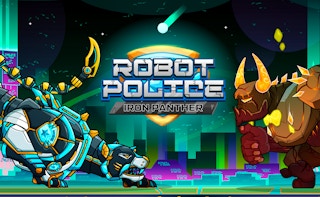 Robot Police Iron Panther
Robot Police Iron Panther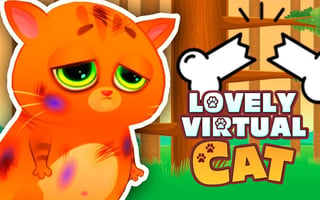 Lovely Virtual Cat
Lovely Virtual Cat Little Cute Summer Fairies Puzzle
Little Cute Summer Fairies Puzzle Anime Couple Dress Up
Anime Couple Dress Up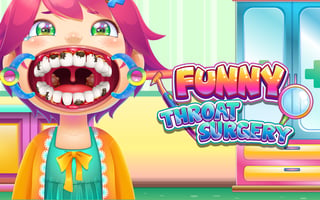 Funny Throat Surgery
Funny Throat Surgery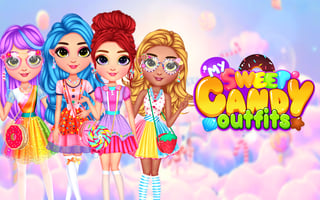 My Sweet Candy Outfits
My Sweet Candy Outfits Superstar Family Dress Up Game
Superstar Family Dress Up Game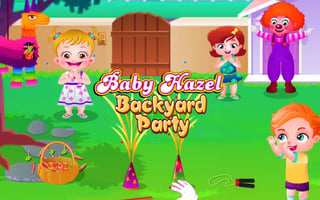 Baby Hazel Backyard Party
Baby Hazel Backyard Party
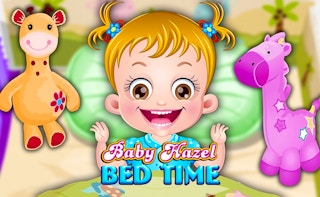 Baby Hazel Bed Time
Baby Hazel Bed Time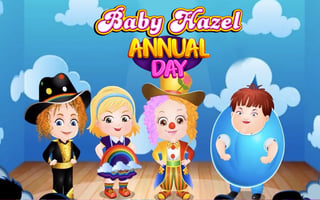 Baby Hazel Annual Day
Baby Hazel Annual Day Butterfly Coloring Pages Kids
Butterfly Coloring Pages Kids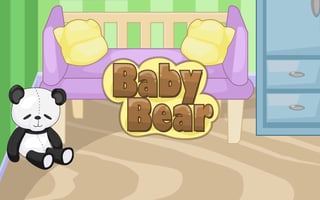 Baby Bear
Baby Bear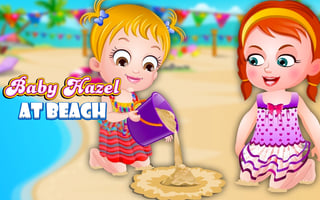 Baby Hazel At Beach
Baby Hazel At Beach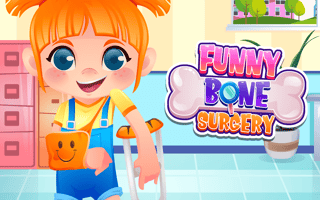 Funny Bone Surgery
Funny Bone Surgery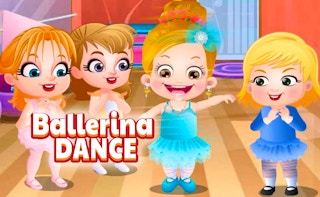 Baby Hazel Ballerina Dance
Baby Hazel Ballerina Dance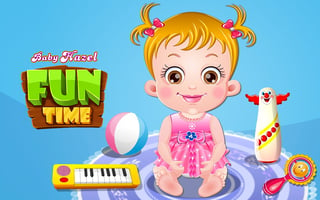 Baby Hazel Fun Time
Baby Hazel Fun Time Princess Hair Spa Salon
Princess Hair Spa Salon Funny Hair Salon
Funny Hair Salon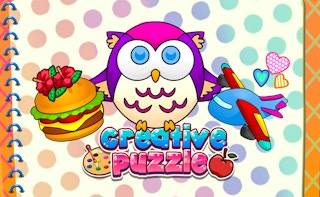 Creative Puzzle
Creative Puzzle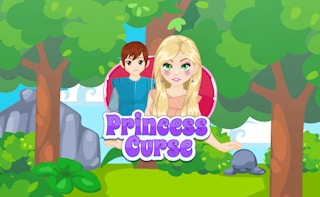 Princess Curse
Princess Curse Cooking Korean Lesson
Cooking Korean Lesson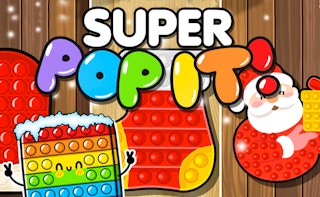 Super Pop It
Super Pop It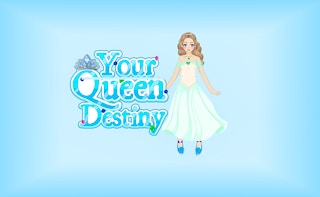 Your Queen Destiny
Your Queen Destiny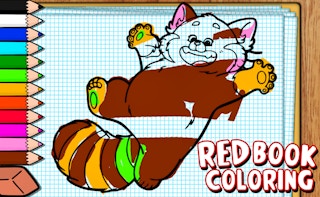 Red Coloring Book
Red Coloring Book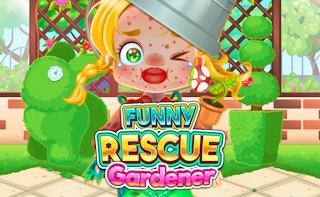 Funny Rescue Gardener
Funny Rescue Gardener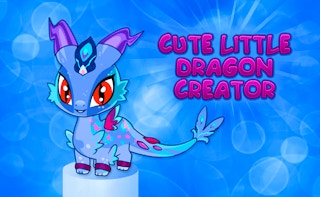 Cute Little Dragon Creator
Cute Little Dragon Creator Superstar Kitty Fashion Award
Superstar Kitty Fashion Award Monster Popsy Dolls
Monster Popsy Dolls Baby Hazel Birthday Party
Baby Hazel Birthday Party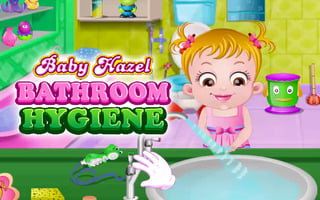 Baby Hazel Bathroom Hygiene
Baby Hazel Bathroom Hygiene Funny Nose Surgery
Funny Nose Surgery Doctor Teeth
Doctor Teeth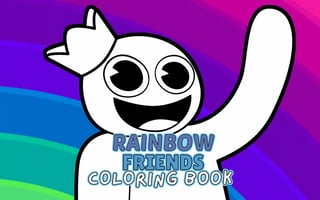 Rainbow Friends Coloring Book
Rainbow Friends Coloring Book Panda Hair-do
Panda Hair-do Fun Summer Holiday
Fun Summer Holiday Street Food - Cooking Game
Street Food - Cooking Game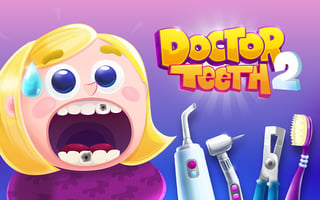 Doctor Teeth 2
Doctor Teeth 2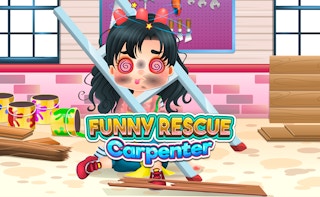 Funny Rescue Carpenter
Funny Rescue Carpenter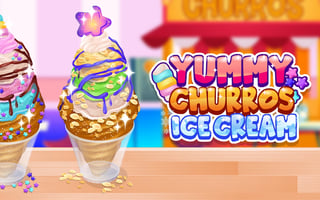 Yummy Churros Ice Cream
Yummy Churros Ice Cream Swimming Pool Romance
Swimming Pool Romance The Best Pizza
The Best Pizza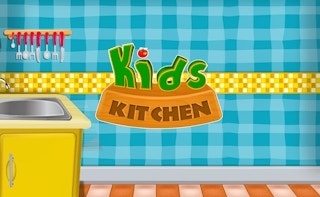 Kids Kitchen
Kids Kitchen Yummy Hotdog
Yummy Hotdog Princess Kawaii Swimwear
Princess Kawaii Swimwear Princess Magic Gradient
Princess Magic Gradient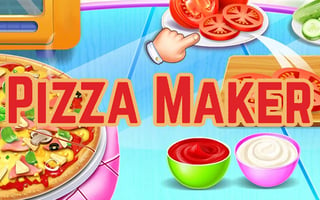 Pizza Maker Food Cooking Games
Pizza Maker Food Cooking Games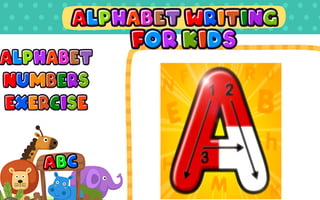 Alphabet Writing For Kids
Alphabet Writing For Kids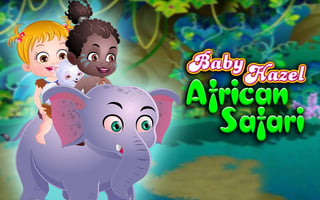 Baby Hazel African Safari
Baby Hazel African Safari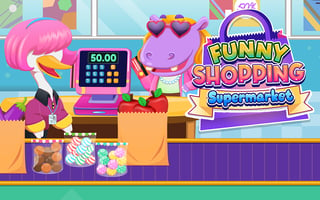 Funny Shopping Supermarket
Funny Shopping Supermarket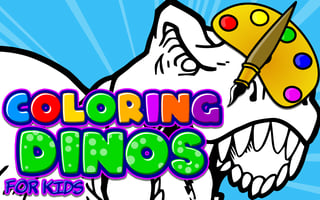 Coloring Dinosaurs For Kids
Coloring Dinosaurs For Kids Christmas Girl Dressup
Christmas Girl Dressup Funny Dentist Surgery
Funny Dentist Surgery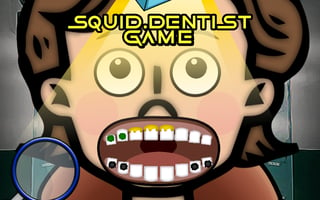 Squid Dentist Game
Squid Dentist Game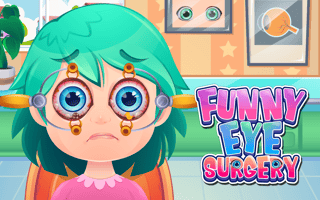 Funny Eye Surgery
Funny Eye Surgery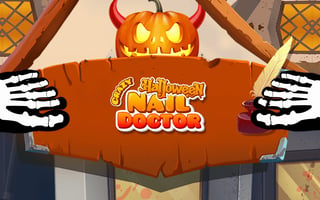 Crazy Halloween Nail Doctor
Crazy Halloween Nail Doctor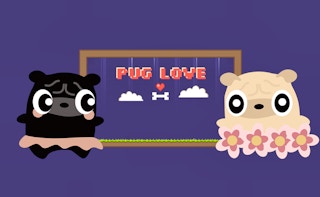 Pug Love
Pug Love Cookie Maker For Kids
Cookie Maker For Kids Yummy Cupcake
Yummy Cupcake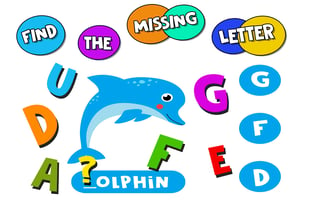 Find The Missing Letter
Find The Missing Letter Yummy Waffle Ice Cream
Yummy Waffle Ice Cream Oomee Rush
Oomee Rush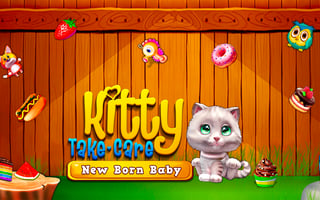 Kitty Take Care New Born Baby
Kitty Take Care New Born Baby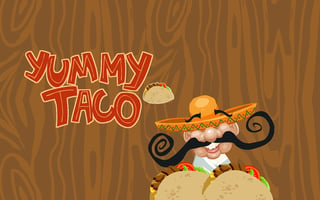 Yummy Taco
Yummy Taco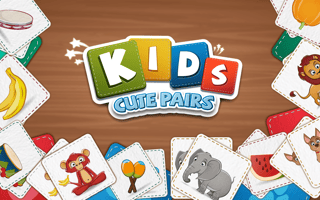 Kids: Cute Pairs
Kids: Cute Pairs Makeup Studio - Halloween
Makeup Studio - Halloween Animals Memory
Animals Memory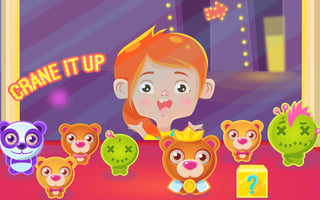 Craneitup
Craneitup Yummy Donut Factory
Yummy Donut Factory